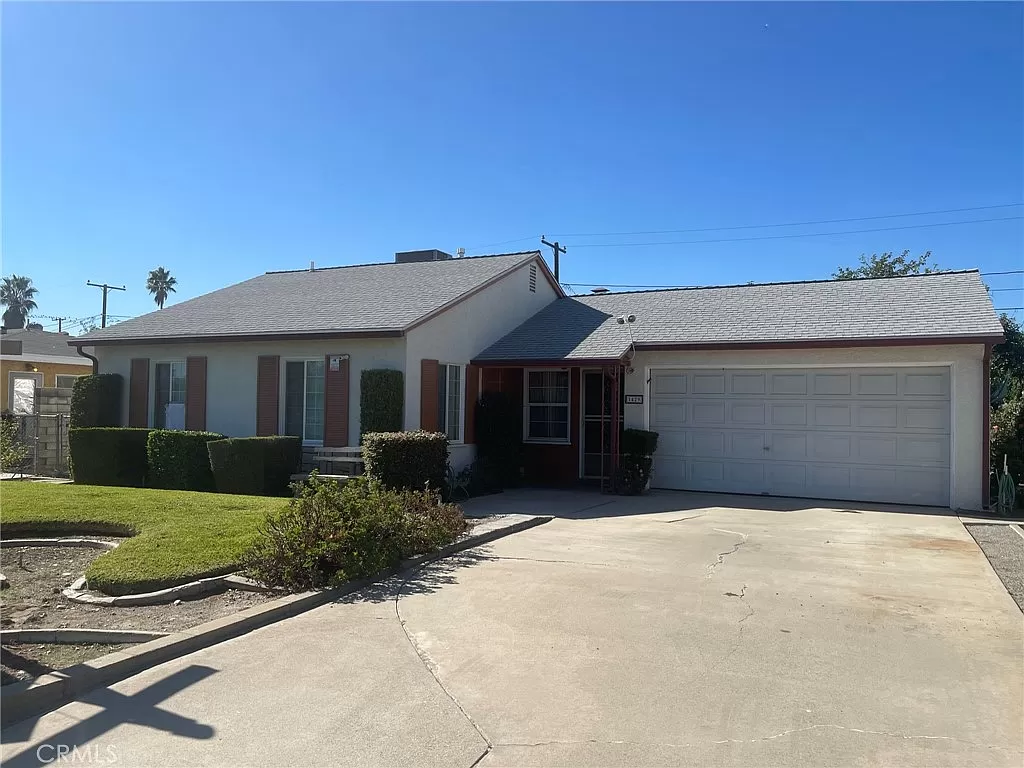Probate real estate properties: What you need to know
The probate real estate market is a great place to find excellent deals, whether you are looking for a primary residence or an income-generating investment property.
What are probate real estate properties?
Probate assets refer to properties owned by a deceased person, otherwise known as the decedent. This includes real estate properties.
The transfer of ownership of probate properties depends on either of these scenarios:
- If the decedent has heirs and left a will, the decedent’s heirs or beneficiaries will receive their rightful inheritance as stated in the document.
- If there is no will (intestate) or the decedent has no heirs, the property goes to the state, which will then be in charge of selling it via probate court. When trying to sell through probate court, the state typically markets the property at a price well below its current value.
It is common for some beneficiaries to sell real estate properties that they inherit. Heirs who already have homes, for example, may be more inclined to liquidate the new asset immediately, rather than incur additional expenses for maintaining, insuring, and paying tax for the inherited property.
There are also cases where properties are directly transferred to beneficiaries without a will. These can be facilitated by a living trust, joint tenancy, or a transfer-on-death deed. In these scenarios, the probate process is avoided.
Learn more about what happens to estate property after the owner dies in this supplementary blog post.
Key considerations for the probate sale process in California
- Selecting the probate property that you want to buy. Here are four options to find probate properties for sale in your area:
- Local real estate agents who deal with probate properties are the ideal starting point for buying this kind of real estate. As soon as you explain your interest, preferences, and price range, they can get the entire buying process started.
- Contact your local probate court. You can ask for a list or inventory of probate cases filed within the last six months.
- Check the obituaries in your local newspaper. These published notices may include information about properties in probate.
- Public auctions can also include selections of probate properties. This option may not be ideal if you are aiming to buy at low cost, however.
2. Making an offer.
A deposit equivalent to 10% of your offer price is required when you make an offer. The executor of the estate will respond to your offer by either accepting it or presenting a counter-offer.
If the estate accepts, consider it only as a provisional acceptance. The probate court must first confirm your offer to make the sale official.
If you withdraw your offer prior to the court’s confirmation, you will lose your deposit. If you are outbid or the court does not confirm your offer, you are eligible to get a refund for your deposit.
3. Getting the property inspected.
If the estate accepts your offer, hire a professional inspector to assess the condition of the property. This process will inform you of any existing or potential problems regarding the condition of the property.
Beware, however, that some estates will prefer to sell their probate property “as is” and will refuse an inspection. If you decide not to pursue the purchase and withdraw your offer, you will lose your 10% deposit.
4. Confirming the sale in probate court.
When the estate accepts your offer, they will apply for a court date for the confirmation of the sale. It typically takes 30 to 45 days between the application until the actual court date.
During this time, the court will require the estate to advertise the property with the accepted offer price. The estate’s real estate agent will continue showing the property and entertain other interested buyers.
Expect to be joined by new potential buyers at the court hearing. The court will declare your offer as the starting bid in an auction-style sale. If there are no competing bids, the court will confirm your offer. Otherwise, you will have to outbid the other buyers.
If you outbid your competitors and your final offer is confirmed, prove that you have the means to finance the purchase. Bring a cashier’s check to the court hearing so you can demonstrate your ability to pay.
The buyer will sign a contract with the court, confirming the sale. Closing the transaction may take 30 to 45 days after the court hearing.
Rule of thumb: Prepare for a long process
As a general rule, prepare for a long, drawn out process. Buying real estate in probate court requires a lot of patience, taking anywhere from six months to two years to complete, assuming that the decedent left a proper will. Without a will, the process can take longer.
Because of this, buying probate properties is typically not recommended for homebuyers with an immediate need to relocate to a new home.
For more information about dealing in probate properties in San Bernardino and other exceptional communities in the Greater Los Angeles area, contact me, Nick Caudillo. Call 626.388.6644 or email nick@91740.info for expert insights and assistance from an experienced California probate real estate specialist.









